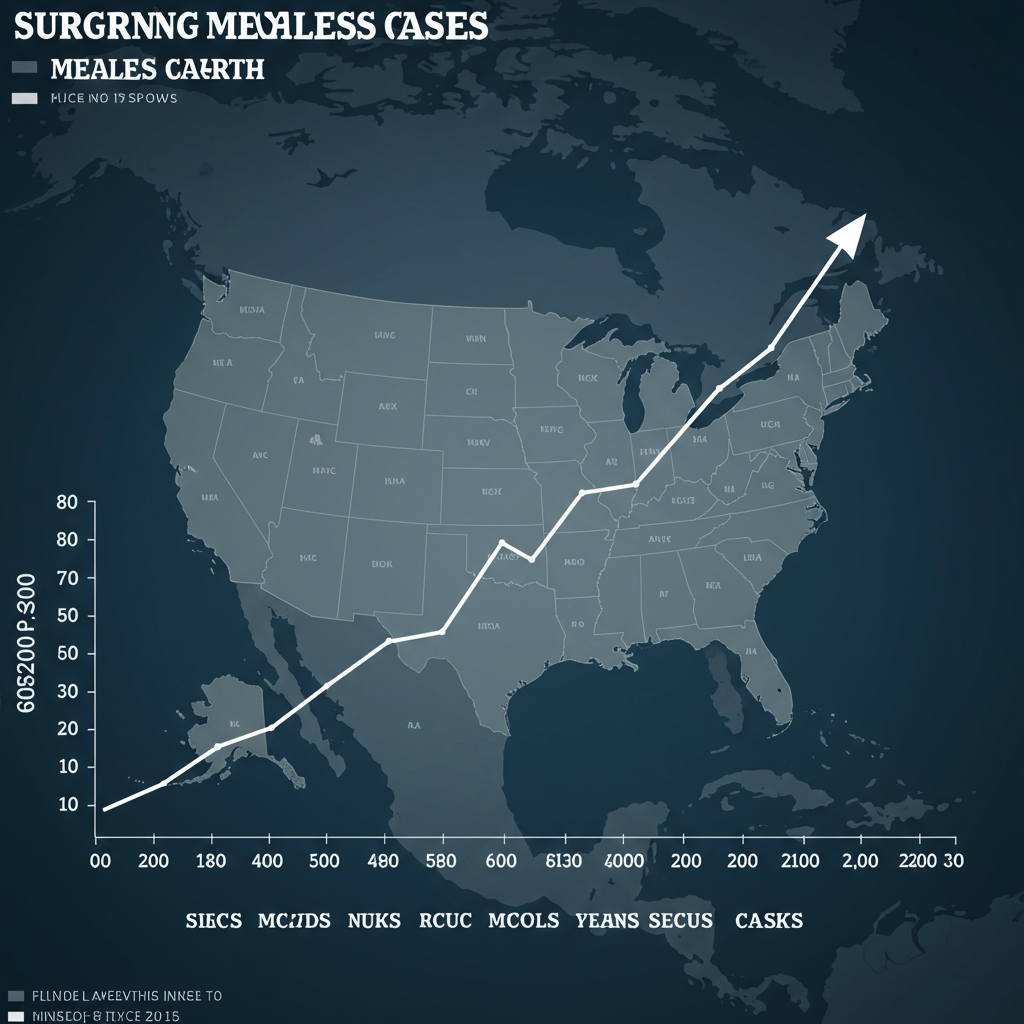Cannabis Use and Heart Health: What New Research Reveals
As cannabis use becomes increasingly widespread, driven by changing laws and public perception, researchers are intensifying their focus on its potential long-term health effects. While often perceived as relatively benign, emerging studies, including a major new review, are shedding light on concerning links between cannabis use and serious cardiovascular risks, such as heart attack and stroke.
Key Findings from a Major Review
A significant meta-analysis, published in the journal Heart and conducted by French researchers, synthesized data from 24 previous studies involving a staggering over 400 million patients. This extensive review aimed to comprehensively assess the association between cannabis use and major adverse cardiovascular events (MACE).
The overall findings presented a strong correlation:
A 29% higher likelihood of heart attack among cannabis users compared to non-users.
A 20% higher risk of stroke.
A doubling of the chances of cardiovascular death.
Notably, these increased risks were observed even in individuals who used cannabis at least once a week, suggesting that regular, though not necessarily daily, use may elevate danger.
Specific Risks Highlighted Across Studies
Research within the comprehensive review and other analyses points to particular populations and scenarios where cardiovascular risks may be more pronounced.
Elevated Risk for Younger Users
Several studies within the meta-analysis highlighted troubling risks for younger populations, specifically identifying increased odds of acute myocardial infarction (heart attack) in subgroups aged 15 to 22 and 18 to 36.
Further compelling research, described as the largest study of its kind and led by Dr. Ibrahim Kamel from Boston University, specifically examined cardiovascular risks in young people. This analysis, which followed 4.6 million patients, found that young individuals (under age 50) who use cannabis faced:
A six-fold higher risk of heart attack.
A four-fold increased chance of suffering a deadly stroke.
Double the risk of heart failure.
This study also indicated that the risk of a heart attack was highest within the first hour after cannabis consumption, and emphasized these findings in a demographic typically considered low-risk for such severe heart problems.
Risks for Women and Comparisons to Other Substances
A UK Biobank analysis cited in the review suggested that women might face a significantly higher risk of cannabis-related cardiovascular mortality compared to men.
Regarding comparisons to other drugs, one study within the large French review, utilizing data from a primary administrative database for hospitals, suggested that cannabis was a greater predictor of heart attack than other illicit drugs like cocaine and opioids. However, researchers acknowledge the complexities of such comparisons, partly due to potential differences in the prevalence of use among study populations.
Potential mechanisms explored by researchers suggest that THC, the psychoactive compound in cannabis, may trigger the body’s “fight-or-flight” response. This can lead to increased heart rate and blood pressure, potentially straining the cardiovascular system over time.
Expert Insights and Broader Implications
Medical experts underscore the importance of these findings, particularly as cannabis becomes more accessible. Dr. Marc Siegel, Fox News senior medical analyst, expressed concern about the rising use of cannabis, especially among seniors, noting potential dangers from regular use if not tracked. He cited observed increases in ER visits related to cannabis, including instances of anxiety, disorientation, psychosis, vomiting disorders, and even car accidents. Dr. Siegel also mentioned links to lung problems and potential acceleration of dementia. Comparing the effects on the heart and lungs to smoking cigarettes, he cautioned that cannabis contains active chemicals that warrant close monitoring.
Prof. Stanton Glantz of the University of California, commenting on the research, highlighted that these studies challenge the common perception that cannabis poses little cardiovascular risk. Experts now advocate for public awareness campaigns similar to those for tobacco. They suggest that physicians should routinely inquire about cannabis use when assessing a patient’s overall cardiovascular risk profile, just as they do for smoking history.
The increasing legalization and use of cannabis worldwide, including medical applications for conditions like arthritis or multiple sclerosis, necessitate a balanced understanding of its potential benefits and risks. Experts like Dr. Emilie Jouanjus of the University of Toulouse suggest the changing legal landscape may have altered public perception of cannabis risks, potentially contributing to its growing popularity despite the health warnings.
Some experts argue that if cannabis is legalized, it should be regulated more like tobacco, focusing not just on establishing a legal market but actively minimizing health risks through effective product warnings, public education, and considering cardiovascular harm in product design.
Acknowledged Limitations
The authors of the French meta-analysis and other studies acknowledge several limitations, emphasizing that while the findings reveal “positive associations,” they don’t necessarily prove direct causation across all contexts. Limitations include:
Poor Reporting of Cannabis Use: Many included studies did not precisely detail the duration, frequency, amount, or method of cannabis consumption, making it difficult to assess dose-response relationships.
Potential Bias: Some studies relied on patient self-reporting, which can introduce bias regarding exposure and outcome misclassification.
Comparison Challenges: Differences in the prevalence of cannabis use compared to other drug use in some datasets made direct risk comparisons complex.
Lack of Data on Combined Use: Studies often did not monitor the simultaneous use of cannabis with other substances (like tobacco, alcohol, or other drugs), which could influence cardiovascular outcomes.
Despite these limitations, the large scale of the review and the consistent findings across multiple studies, particularly regarding heart attack, stroke, and cardiovascular death, are compelling.
What This Means
This body of research strongly suggests that cannabis use is linked to a significant increase in the risk of serious cardiovascular events, including heart attack and stroke. The findings are particularly concerning regarding potential dangers for younger users. While more research is needed to understand the specific mechanisms, dosage effects, and long-term outcomes, these studies underscore the importance of public awareness regarding these potential risks and the need for healthcare providers to discuss cannabis use with their patients as part of a comprehensive health assessment.




